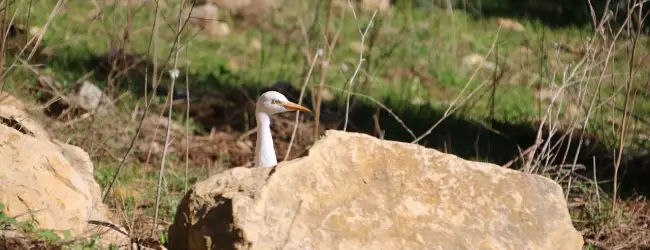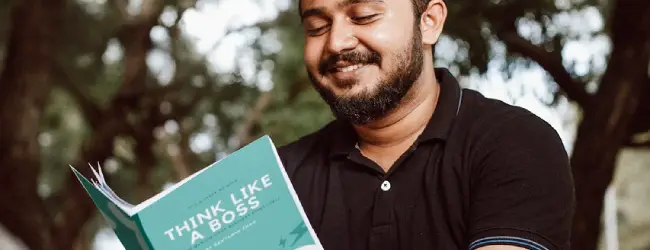Today, let’s talk about how to change our lives. I think that if we want to find possibilities, we could find them in confusing situations.
Do what we can do tomorrow, or don’t
Recently, I saw a tweet like this: “Don’t do today what you can do tomorrow, even if you can do it today.” We may get a countercultural feeling from this. Because, generally speaking, that is, “Don’t put off until tomorrow what you can do today.”
We can understand that these messages are confusing because we don’t know which is better. Maybe the former is for people who have a lot of necessary things to do today. So the person said, “Put it off.” And the latter would be for people who have lazy characteristics and plenty of time. So the speaker said, “Don’t put it off.”

Sometimes we are confused by these contrary teachings. Because the target person of the teaching is eliminated from the sentences. They say to us, “Do like this,” but they don’t mention the fact that “There are some cases where the teaching won’t work.”
Possibilities hide in confusion
And I believe that the more unusual characteristics or situations we have, the more confused we become. Because these words are often used for normal people.
And I also believe that minorities with minor characteristics tend to be confused by these major teachings. Because it’s major. So I think that the majorities have faith in the teaching and tend to assert it as if it applies to everyone.

But I think that there are possibilities. That is, we can create more essential teachings. In other words, we can develop a new frontier of teaching.
Possibilities often hide in confusion. We can create new essential ideas in confusing situations.
Finding new integrated ideas
For example, let’s think about the above teaching: “Which is better, putting it off or not until tomorrow?” At such a time, we can compare their preconditions. One is for busy people, and another is for lazy people.
If we find out these hidden preconditions, we could find a new integrated idea. In this case, we could discover that that is only a management problem. We can integrate them and say simply, “If you plan them well, you can choose what you should do today and what you put off until tomorrow.”

By the way, we sometimes find more hidden preconditions in the integrated concepts. For example, we cannot say that we should plan and manage everything. Sometimes, we find it better to let go of the planning or managing in some areas. Such teaching as “Let it be.”
Then we could discover more essential teachings. In this example, I would be able to say that the direction of our lives determines what to manage and what to let go of. For example, “If you want authority, manage others’ happiness. However, if you want freedom, let go of it.”
This is a way to find a new concept for me. And the higher level of view gives us new possibilities.
Conclusion
So I think that if we want to find possibilities, we could find them in confusing situations.
We can create more integrated ideas from such a situation. These discoveries and creations may become our lifestyles or products.
If we understand this thought, we might be able to find more possibilities.
Thank you for reading. We will see you in the next article.


